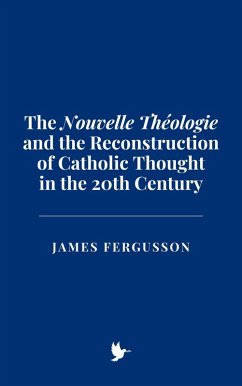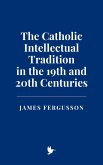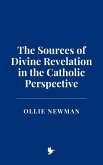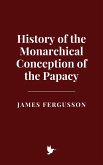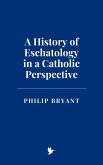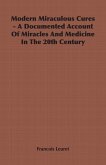This study traces the contributions of these theologians to the key developments of Vatican II, particularly in areas such as ecclesiology, liturgy, revelation, and interreligious dialogue. Through their work, the Church's understanding of itself as a communion of believers, its role in the world, and its relationship with other Christian traditions and religions were profoundly redefined. Theologically, the focus on grace, the supernatural end of humanity, and the eschatological dimensions of the faith highlighted the Church's mission not merely as a doctrinal institution but as a sacrament of salvation for the whole of creation.
Following Vatican II, the ongoing influence of Nouvelle Théologie was pivotal in framing the Church's post-conciliar efforts in evangelization, particularly through the concept of the New Evangelization proposed by Pope John Paul II. The movement's insistence on a Church deeply attuned to the modern world, while remaining faithful to its theological and sacramental heritage, continues to inform the Church's mission and self-understanding in the 21st century. This work provides a deep analysis of the theological currents within Nouvelle Théologie, its reception at Vatican II, and its continuing impact on Catholic theology and pastoral practice today.
Dieser Download kann aus rechtlichen Gründen nur mit Rechnungsadresse in A, B, CY, CZ, D, DK, EW, E, FIN, F, GR, H, IRL, I, LT, L, LR, M, NL, PL, P, R, S, SLO, SK ausgeliefert werden.

